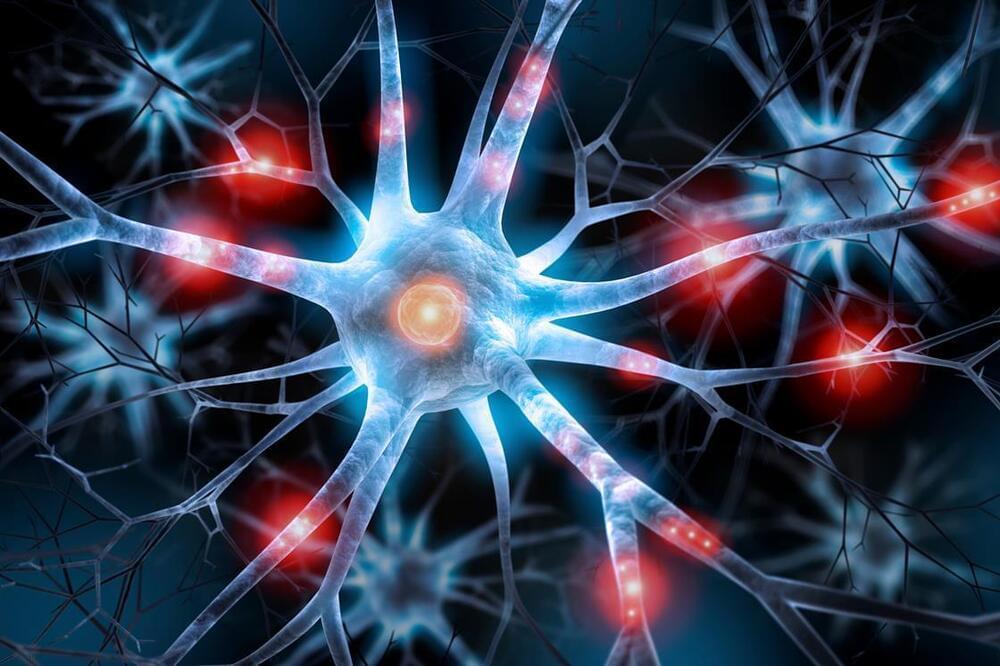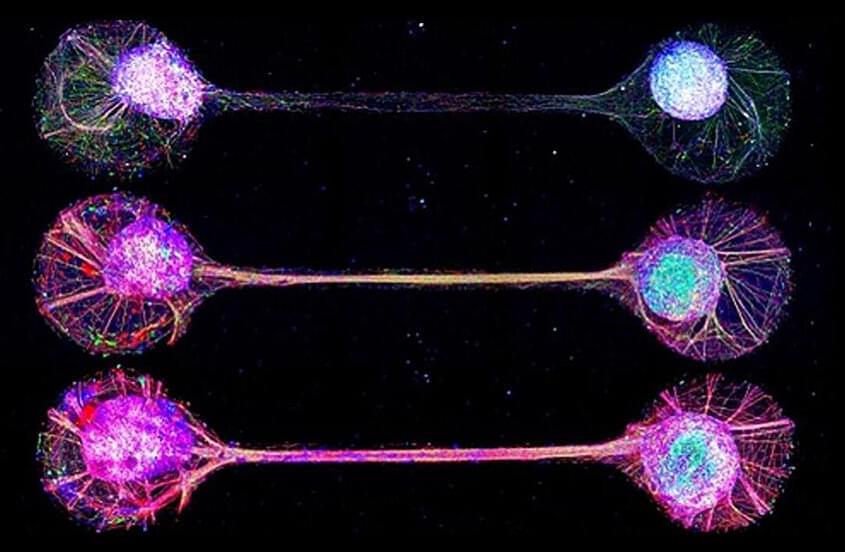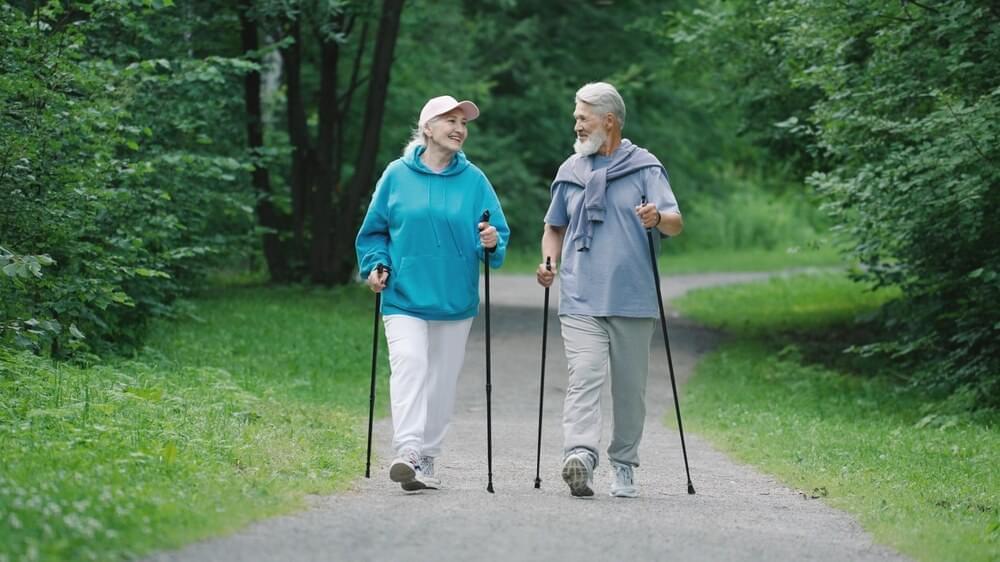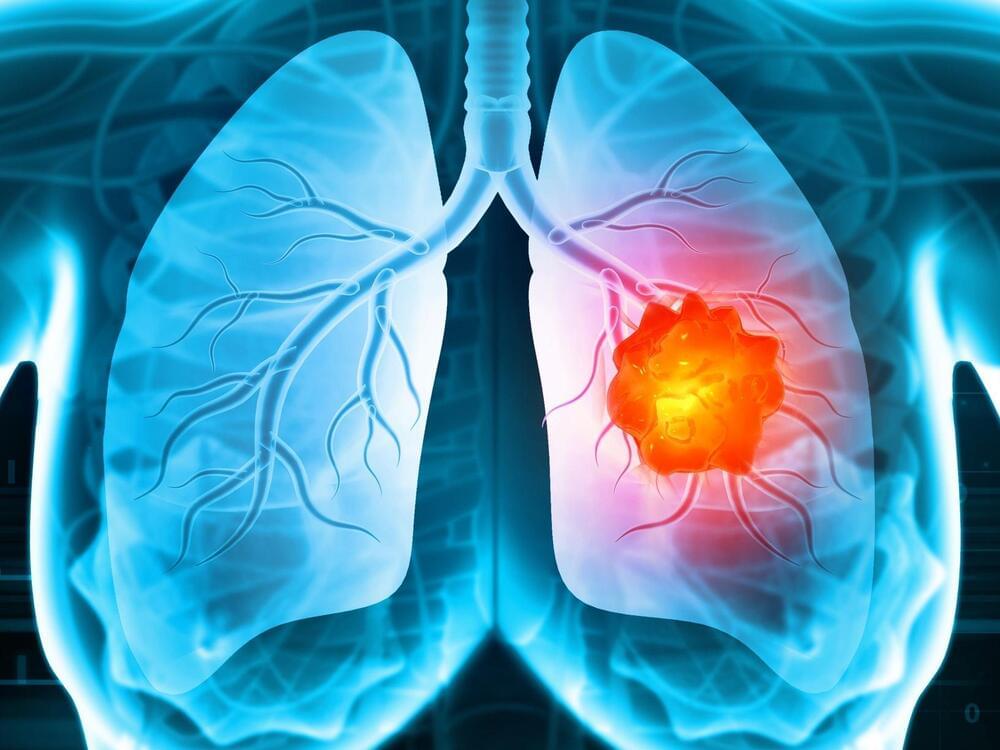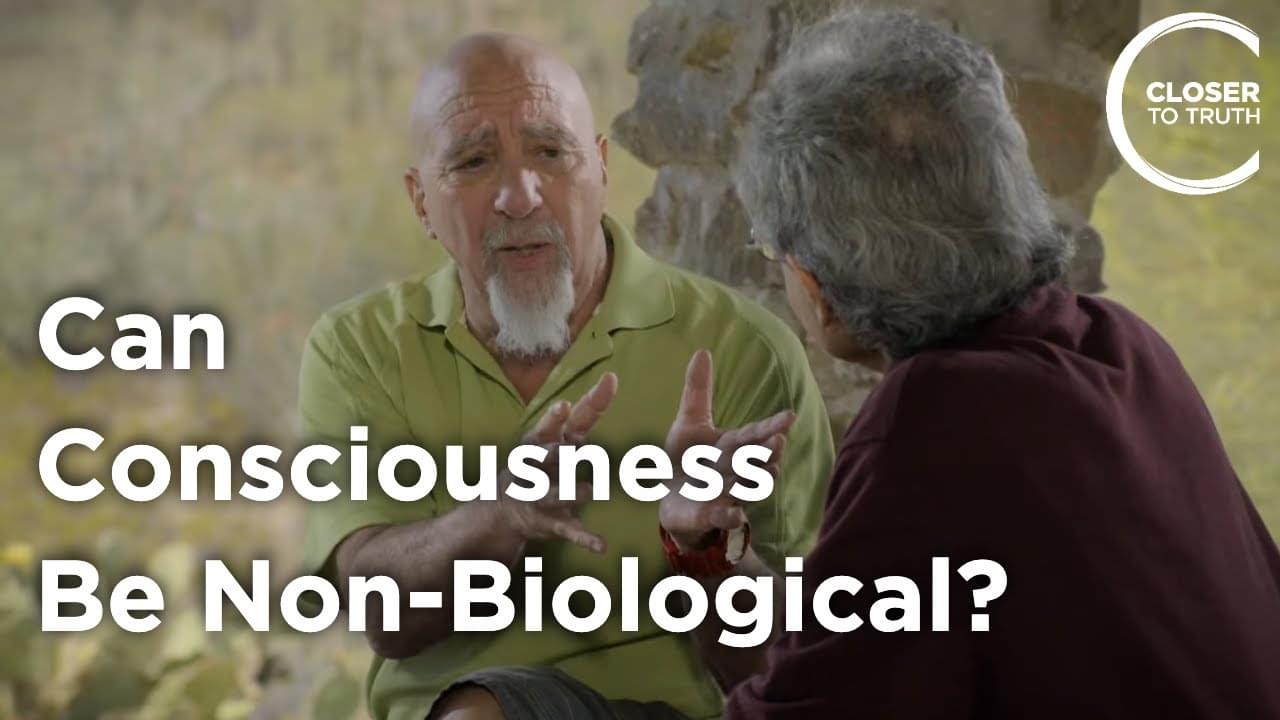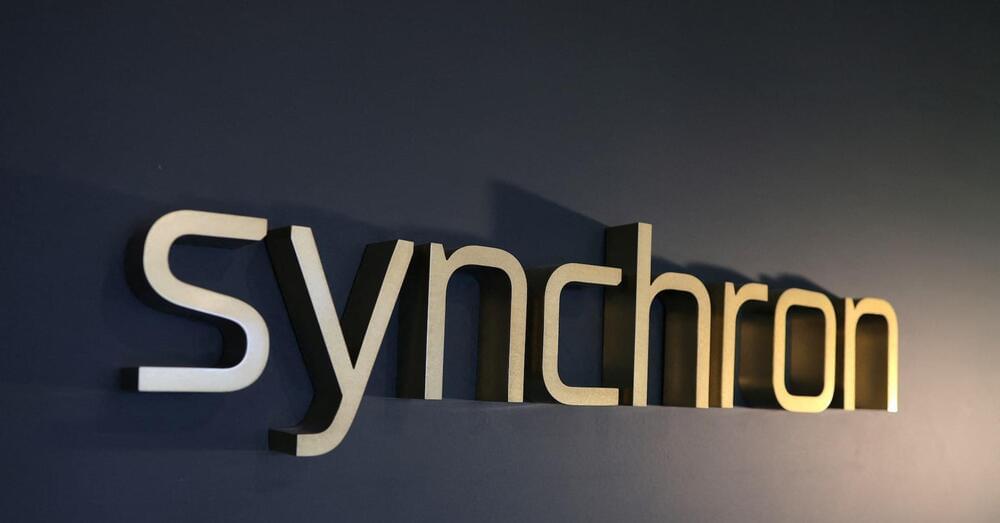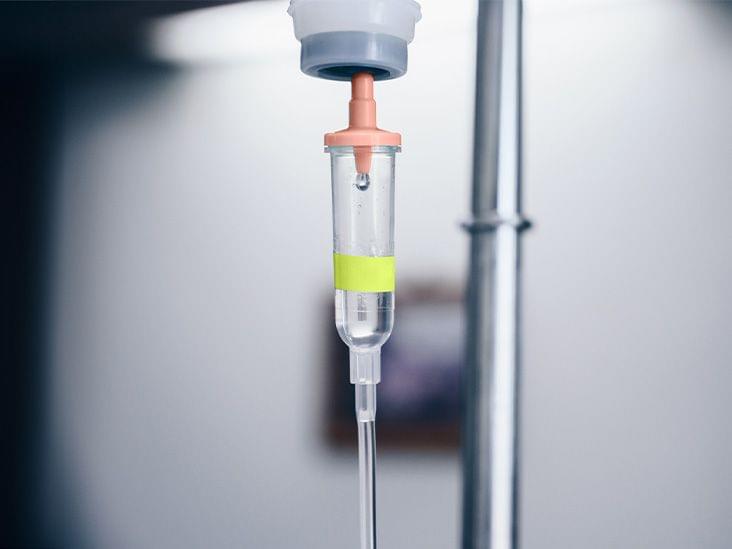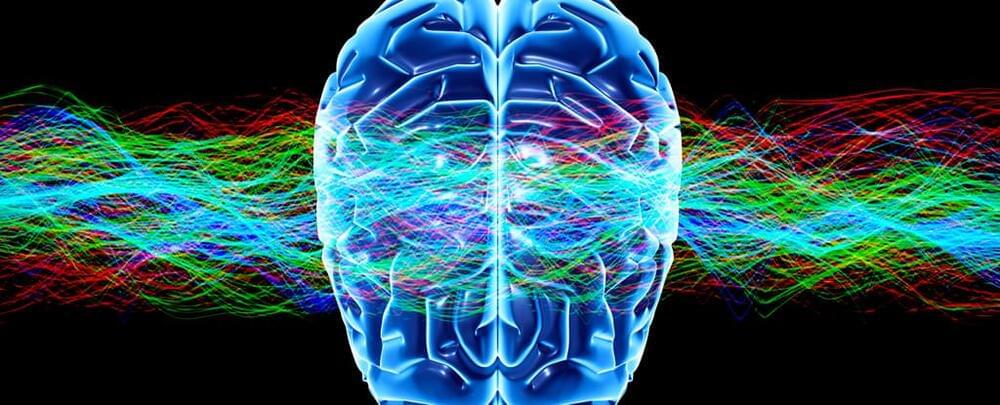
In a global research effort, scientists have uncovered a relationship between metabolism problems in the brain and a range of neuropsychiatric and neurodegenerative disorders, from autism to Alzheimer’s disease and more.
Despite their diverse symptoms, these conditions – as well as depression, epilepsy, schizophrenia, intellectual disability, and bipolar disorder – all involve a degree of cognitive impairment and often share genetic or metabolic features, hinting at a common biological basis.
The extensive collaboration by the International Brain pH Project Consortium, involving 131 scientists from 105 labs in seven countries, identified changes in brain acidity and lactate levels in animals as key signs of this metabolic dysfunction.
